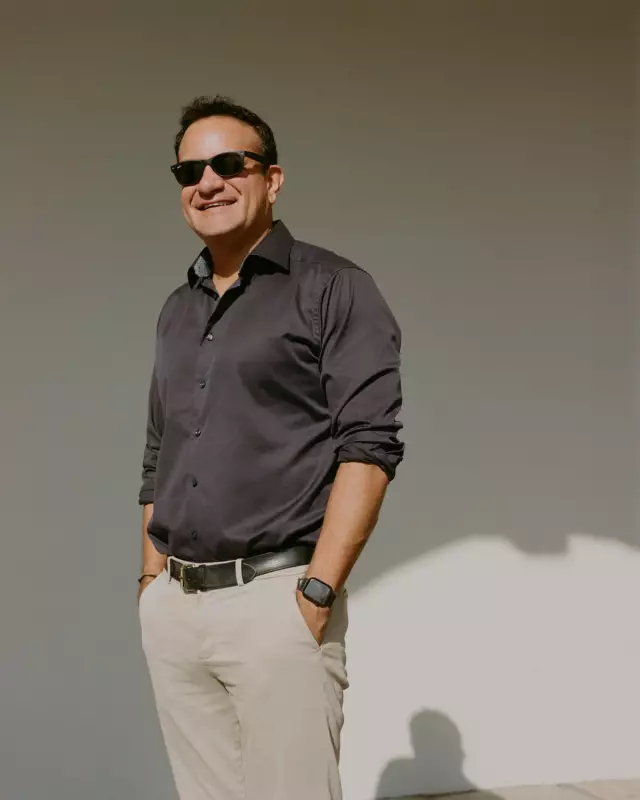
In a remarkably candid and wide-ranging interview, former Irish Taoiseach Leo Varadkar has broken his silence on global politics, offering a startling personal anecdote about Donald Trump and delivering a grave warning about the future of European democracy.
The Bizarre Trump Encounter: A 'Snogging' Scandal
Mr Varadkar recounted a deeply uncomfortable moment from a past meeting with the then-US President. "He told me I was a good-looking guy," Varadkar revealed, adding that Trump proceeded to ask if he and his partner, Matthew Barrett, "snogged." The former Taoiseach described the line of questioning as "inappropriate," shedding light on the former president's unorthodox and often offensive diplomatic style.
A Stark Warning on Europe's Sharp Right Turn
Moving from the personal to the geopolitical, Varadkar issued a sobering analysis of the current political climate. He expressed serious concern over the rising tide of anti-immigrant sentiment sweeping across Europe, fuelled by far-right parties. He argued that mainstream centrist parties, including his own Fine Gael, have failed to adequately address public concerns on immigration, creating a vacuum that populists have eagerly filled.
"We didn’t talk about immigration enough," he admitted, criticising the failure to have honest, nuanced conversations about integration and control, which allowed the debate to be dominated by extremes.
Defending His Legacy and Looking Forward
The interview also served as a robust defence of his time in office. He passionately defended his decision to step down earlier this year, denying it was due to a crushing referendum defeat on family and care referendums. He positioned himself as a leader who modernised Ireland and stood as a bulwark against the populism now threatening the EU.
A Statesman's Fear for the Future
Varadkar's central message was one of caution. He fears that the anti-immigrant backlash, if left unchecked, could fundamentally damage the European project. His comments serve as a direct challenge to current EU leaders to confront the issue head-on with pragmatic policies, not just rhetoric, before it's too late.





